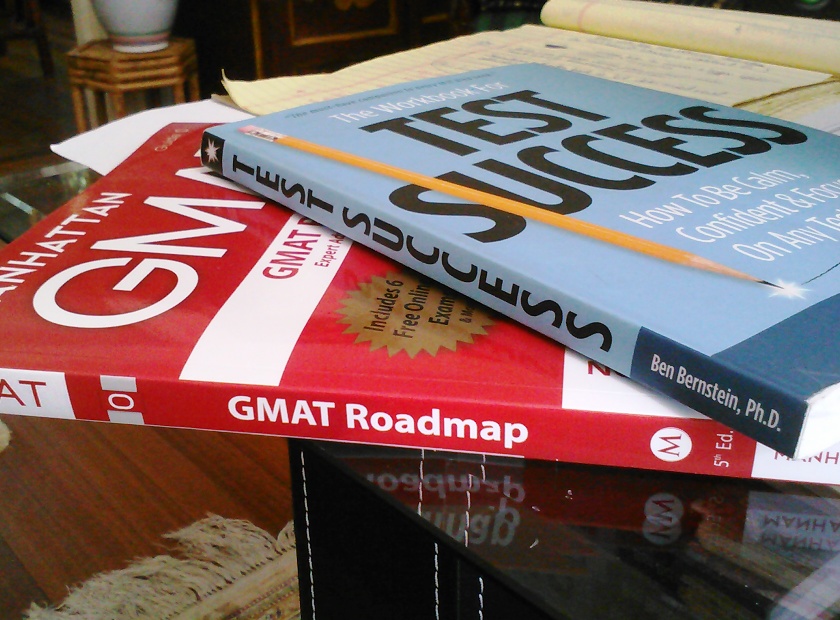
Tuck School Also Debunks MBA Application Myths
![]()
As students rush to get their applications in for the second round of MBA admissions, schools are reaching out to students to separate true from false. Part of it is because everyone runs to forums to get their information rather than directly from schools. So when I see an admissions director write up a “Mythbusting” blog post, I feel I need to pass it on. Stanford debunked myths last month, offering useful information about the GSB admissions process.
This time it’s from one of the best schools in the world, the beautiful and close-knit Tuck School of Business at Dartmouth. Here are the words of the straightforward Director of Admissions, Dawna Clarke (also a very nice person).
The Real Story
Dawna Clarke, addresses some of the most common questions she hears from prospective applicants in this video.
Some of the most common misconceptions about Tuck’s application process are:
Tuck allocates a specific number of admit slots per round: Not true. The number of applicants who are admitted in each round is greatly influenced by the overall quality and size of the application pool each year.
International students are less likely to be admitted after the November round: We’re not really sure how this one got started, but this is also not true. Again, because the overall makeup of the applicant pool varies from year-to-year, how and when applicants are admitted is partly the result of the ongoing application process.
If you haven’t applied by the November round, you should wait to apply early the following year: Again, not true. We admit lots of applicants in the January round and, while the April round is typically the most competitive, a strong application will stand out–regardless of the round it is received in. The important takeaway here is that you should focus on submitting the best application you can and apply when the timing works best for you.
Applicants often think that admissions directors are not as truthful about their process as they can be. I see why it’s confusion, but I suggest paying attention to the words of people like Dawna Clarke — if only to make yourself less anxious!




